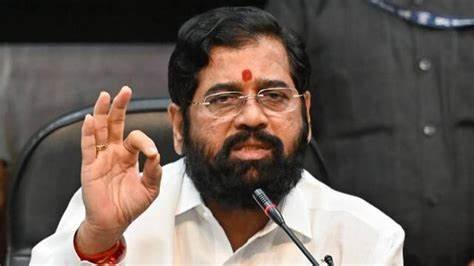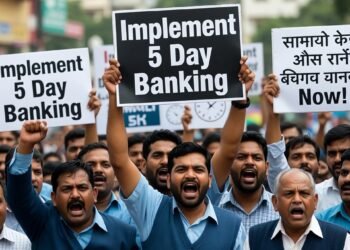In a high-stakes political drama, Eknath Shinde has drawn a bold line in the sand, refusing to step down from his position as Maharashtra’s Chief Minister to take on the role of Deputy Chief Minister. Shiv Sena leader Sanjay Shirsat made the party’s stance clear, stating emphatically, “Shinde won’t accept the Deputy Chief Minister’s post.” Shirsat further asserted that the November 2023 Assembly elections were fought with Shinde as the face of the campaign, and it is only fitting that he retains the top job.
This declaration amplifies the growing frustration within Shinde’s Shiv Sena faction over the BJP’s alleged backtracking on prior commitments. The BJP, which secured a commanding 132 seats in the elections, appears intent on reinstating Devendra Fadnavis as Chief Minister, a move that has drawn sharp criticism from allies.
Nationalist Congress Party (NCP) spokesperson Clyde Crasto has echoed Shirsat’s sentiment, accusing the BJP of using Shinde as a mere pawn. “During the elections, the BJP always projected Shinde as the Mahayuti’s face. Now they’re talking about alternatives, undermining his legitimacy,” Crasto remarked, calling the situation “injustice” to Shinde and urging respect for the people’s mandate.
The BJP’s stance is not without its proponents. Union Minister Ramdas Athawale has openly backed Fadnavis for the top post, stating that the people of Maharashtra “want him to lead.” Athawale floated a compromise, suggesting Shinde could either accept the Deputy Chief Minister’s post or transition to a central role in the Modi government.
Meanwhile, Ajit Pawar of the NCP, whose party won 41 seats, remains a crucial figure in this power equation. His role in balancing the coalition dynamics could significantly influence the final outcome.
With the Mahayuti coalition’s strong performance in the polls, the stakes are high for the alliance to swiftly resolve its leadership conundrum. The pressure to act has only intensified, as the Maharashtra assembly’s term ends on November 26. The BJP’s strategic calculations, Shinde’s unyielding stance, and Pawar’s political finesse all promise to shape the future of Maharashtra’s government—and its voters are watching closely.












